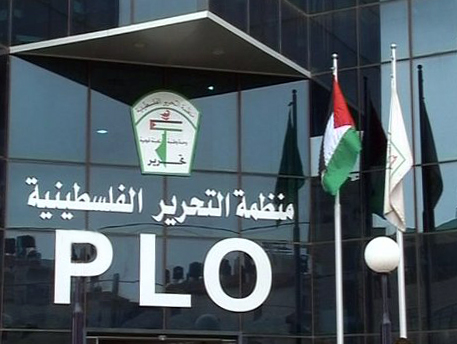An Israeli government coalition based on a commitment to annex more occupied Palestinian territory is a threat to a rules-based world order in general, but to peace, security and stability in the Middle East in particular, today said Saeb Erekat, secretary general of the Executive Committee of the Palestine Liberation Organization (PLO).
Commenting on reports that the two rival Israeli parties, Likud and Blue/White, have signed an agreement to form a unity government, Erekat warned that annexation means the end of any possibility for a negotiated solution. “It is an international responsibility to hold the new Israeli government accountable and to demand full implementation of its obligations under international law and signed agreements,” he said in a statement.
While the Likud party under the leadership of Prime Minister Benjamin Netanyahu has openly declared readiness to annex the northern Dead Sea, the Jordan Valley and the territory where the Israeli settlements are built, all occupied in June 1967 and deemed as such by the international community, Blue/White leader Benny Gantz has also indicated readiness to support such a move.
“The new Israeli government has two options; to either open the doors for a meaningful peace process or to further jeopardize any hope for peace,” said Erekat, adding that Israel can either “pursue the path of cooperation, honoring its obligations under international law, or carry on with the further expansion of its illegal colonial-settlements, annexation, and other violations of Israeli obligations.”
The Israeli government has systematically refused to implement its obligations as the occupying power under international humanitarian law, even amidst the current threat of COVID-19, while systematically destroying the prospects of a negotiated peace between Israel and Palestine. It has also normalized the institutional discrimination, incitement, and racism against 1.5 million Palestinians living in Israel,” said the PLO official.
“On the other hand, we have been clear on what our vision of peace is in accordance to the plan presented by President Abbas to the UN Security Council. We expect support from the international community to facilitate a meaningful peace process based on international law and relevant UN resolutions for the achievement of the internationally agreed peace parameters, including two-states on the 1967 border, East Jerusalem as the capital of the State of Palestine and a just and agreed solution to the refugee issue based on UNGA resolution 194 per the Arab Peace Initiative,” Erekat concluded his statement.





